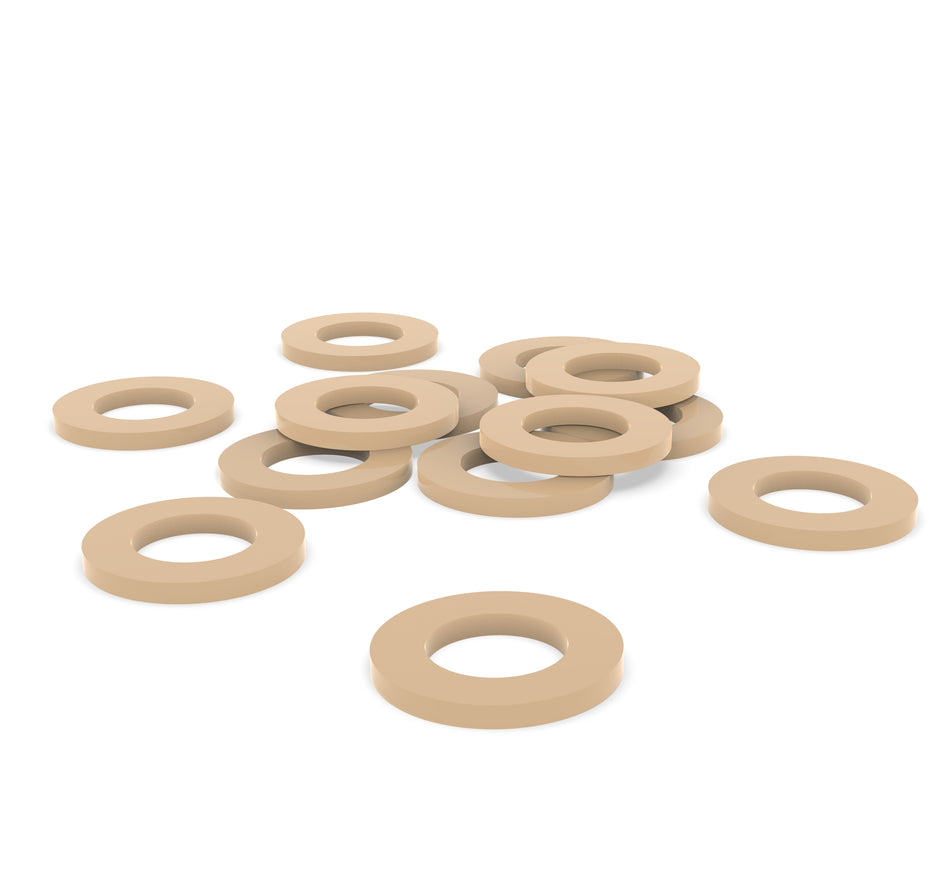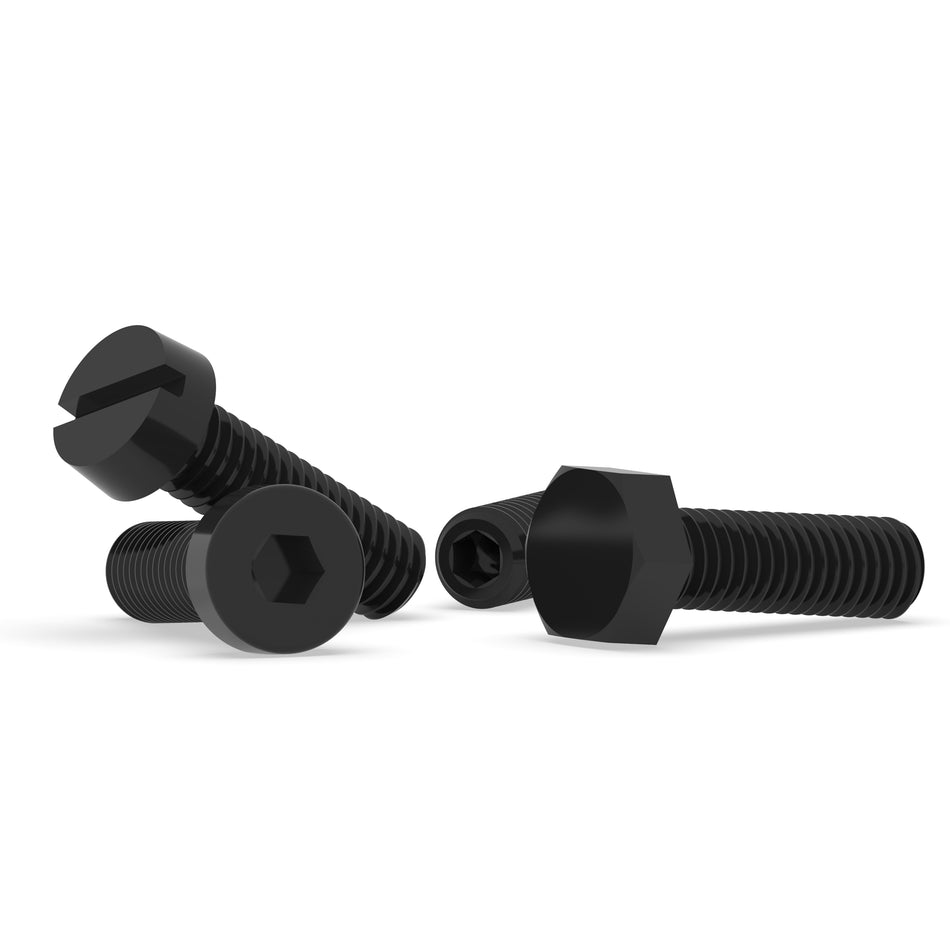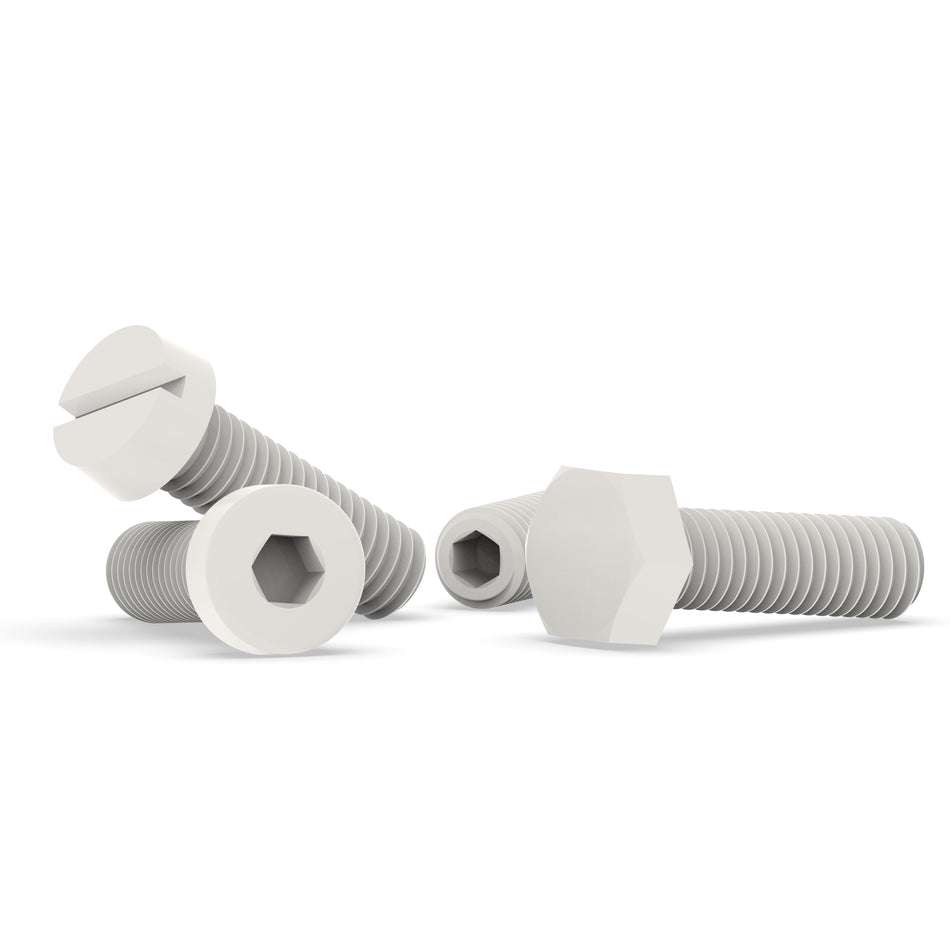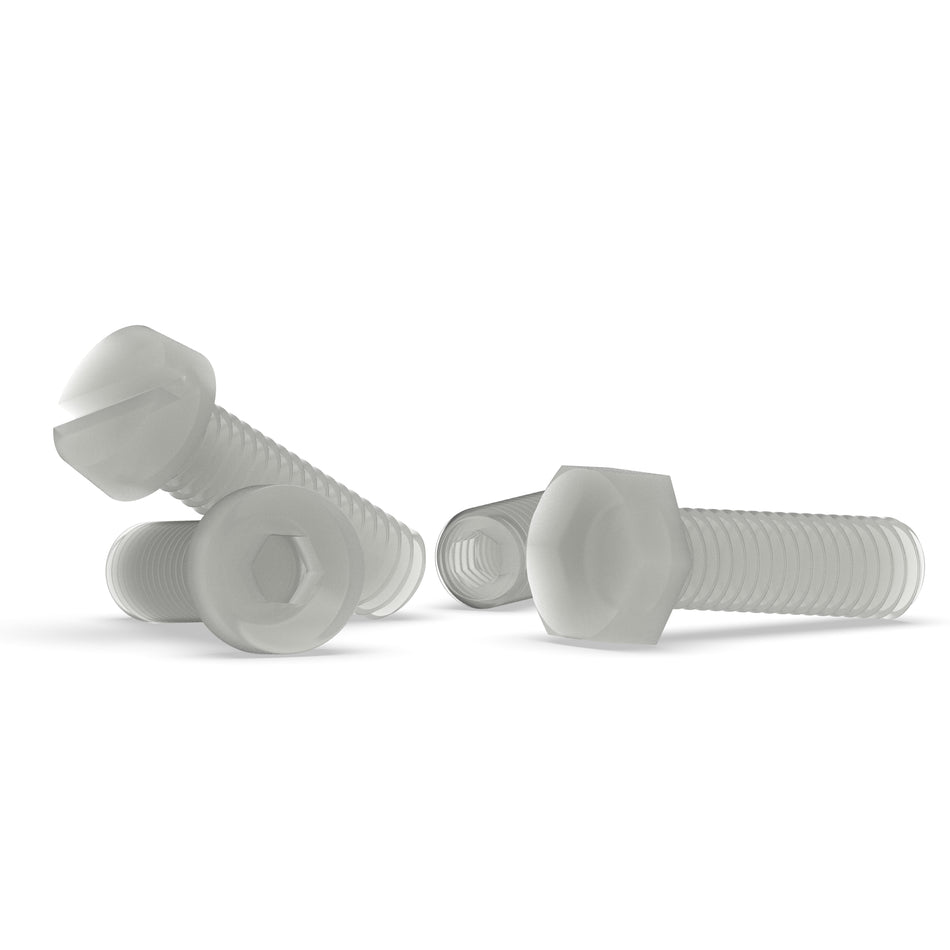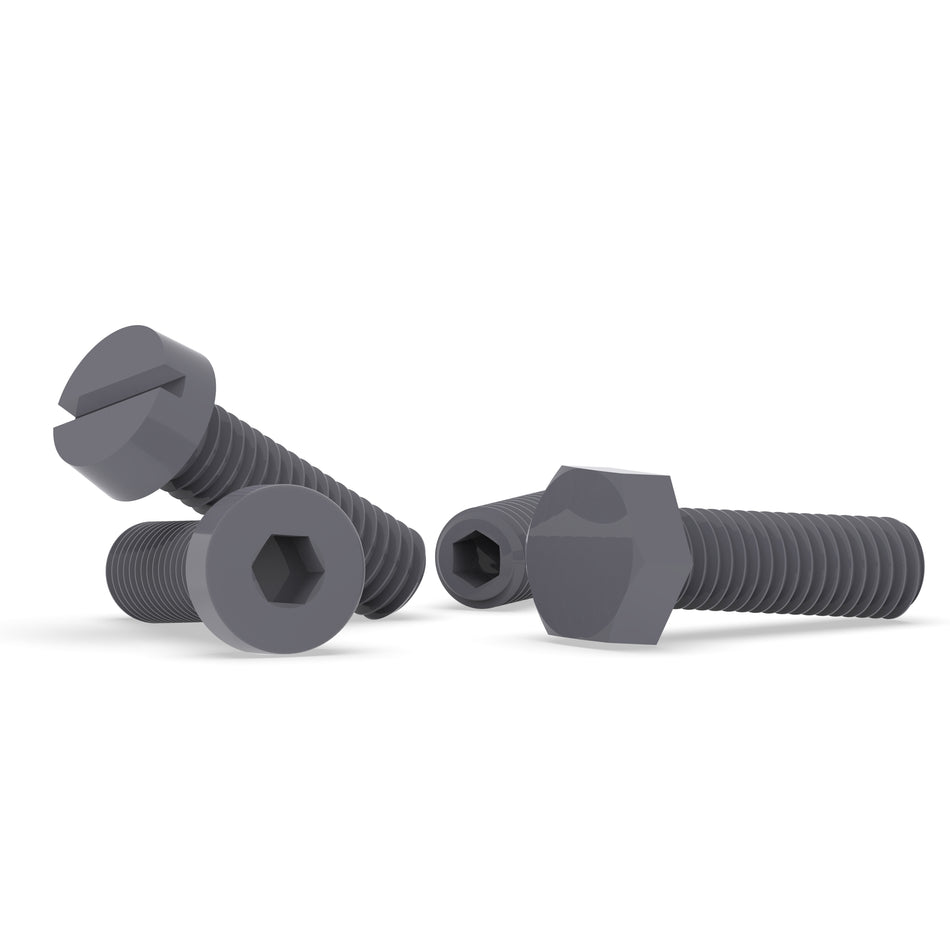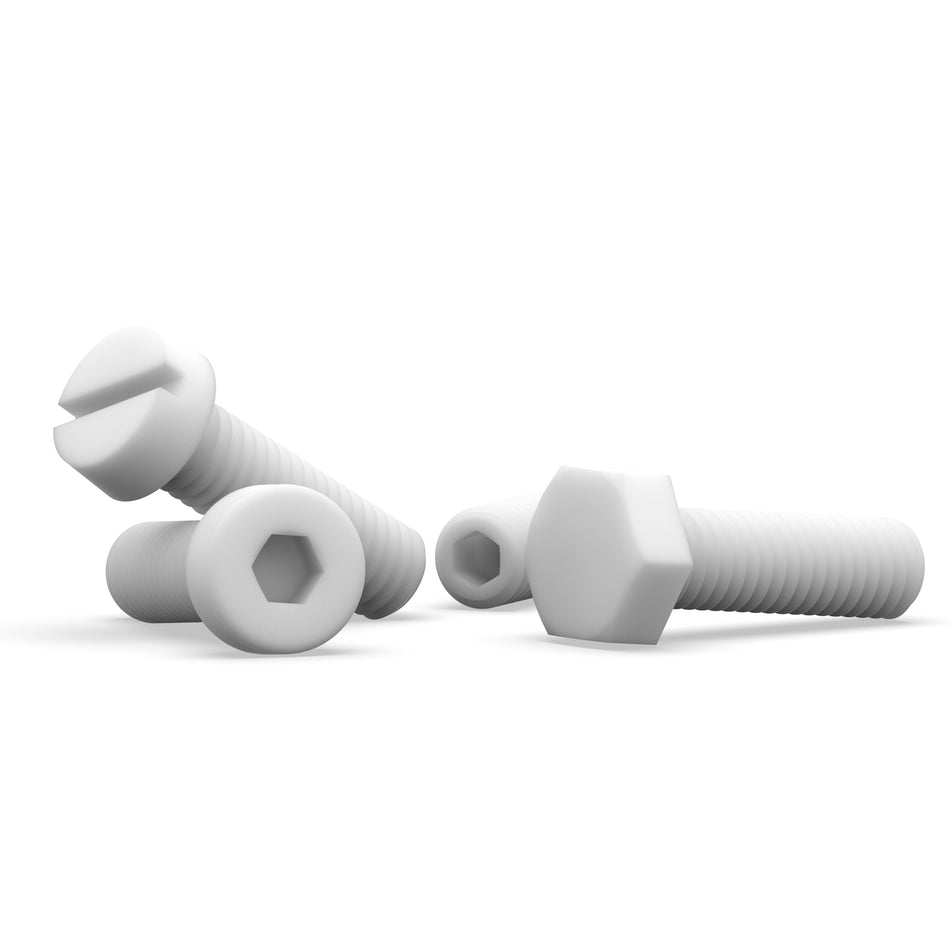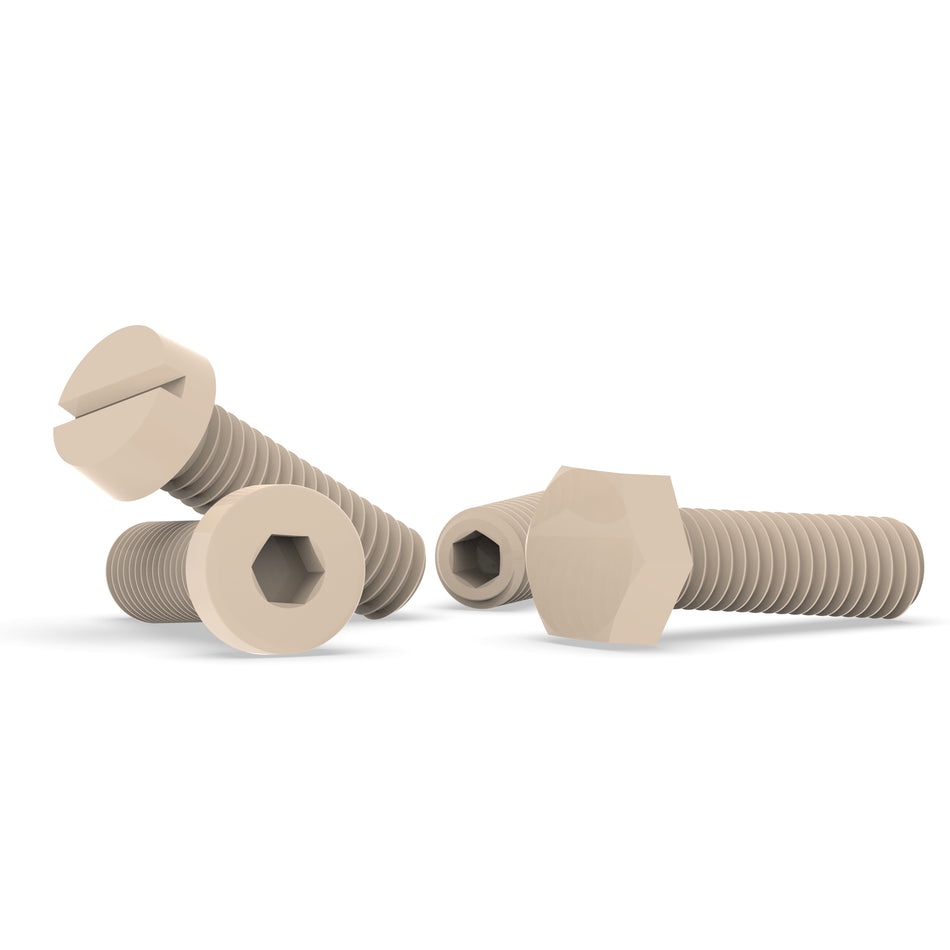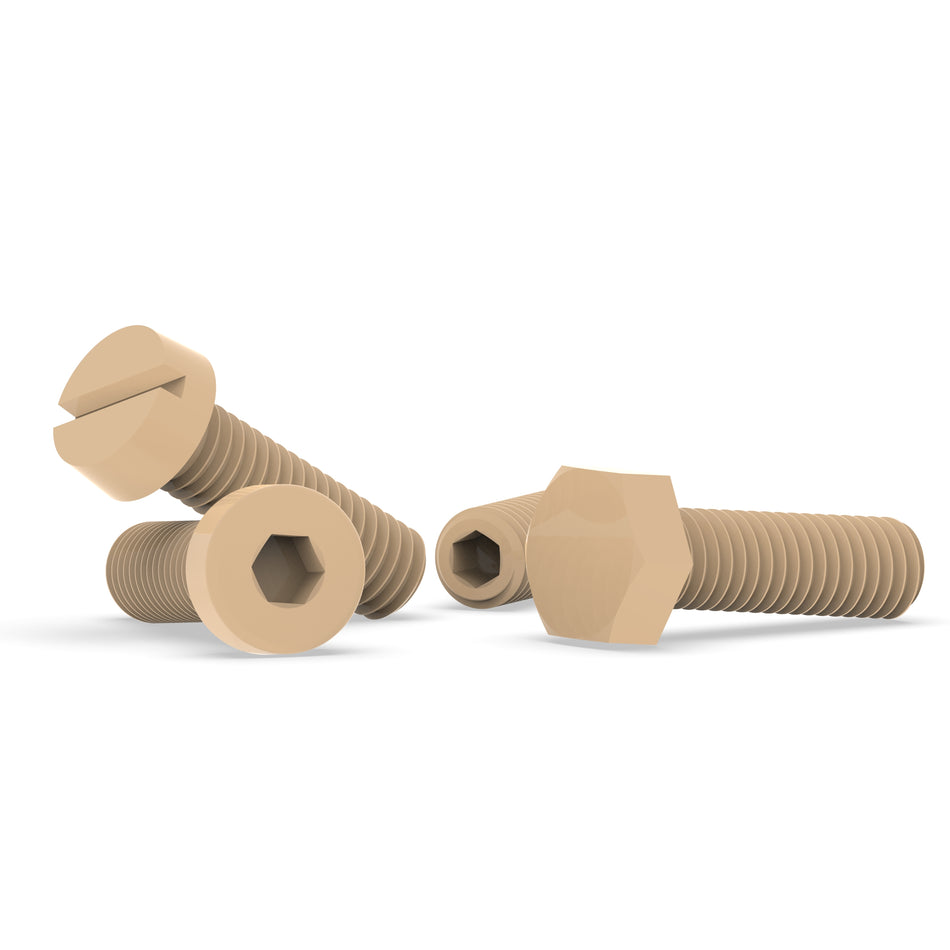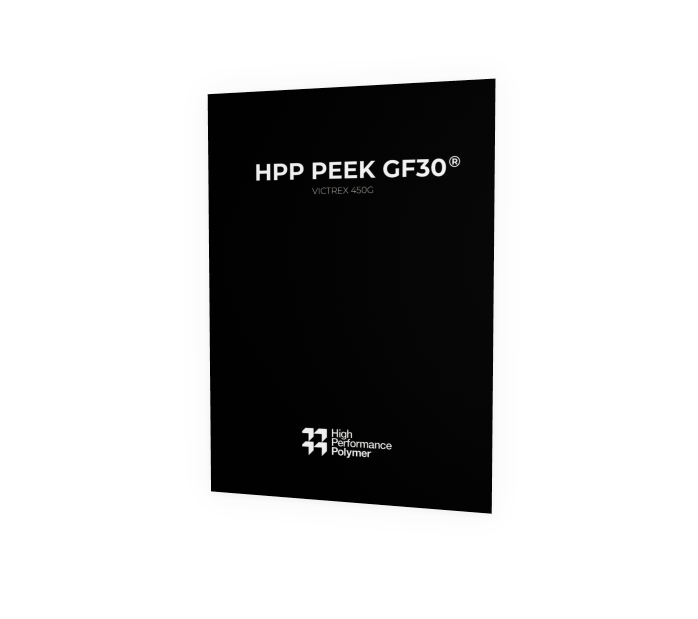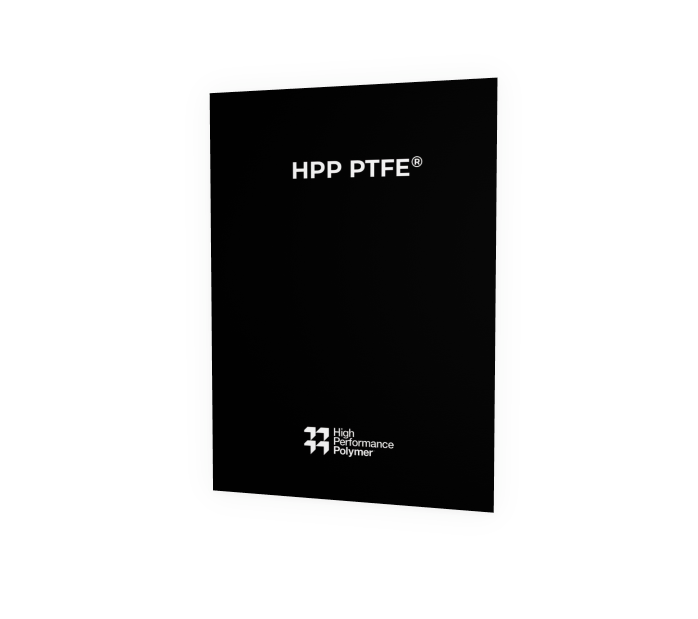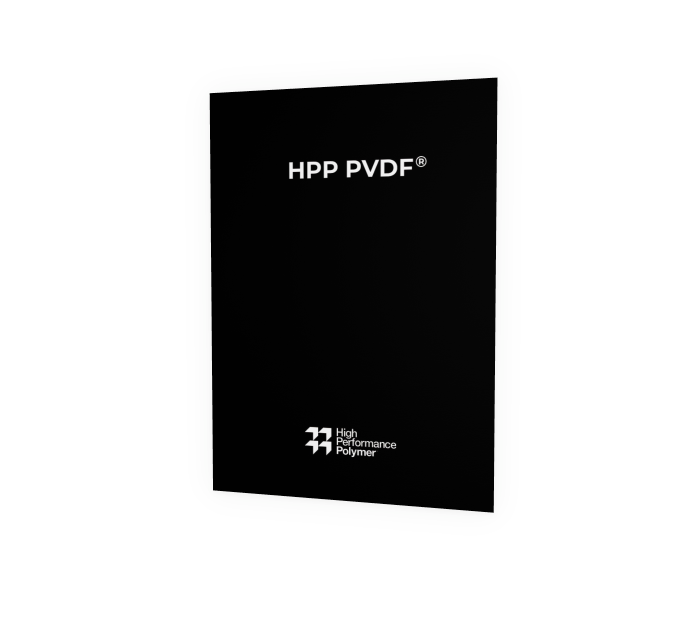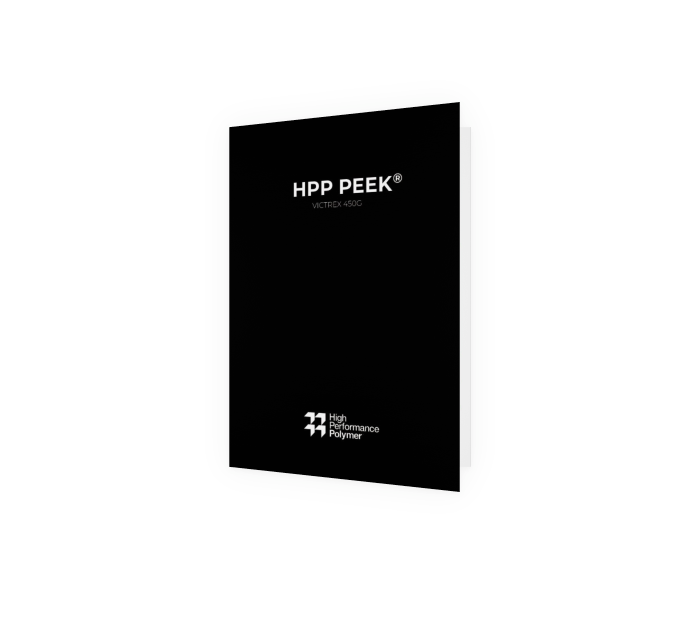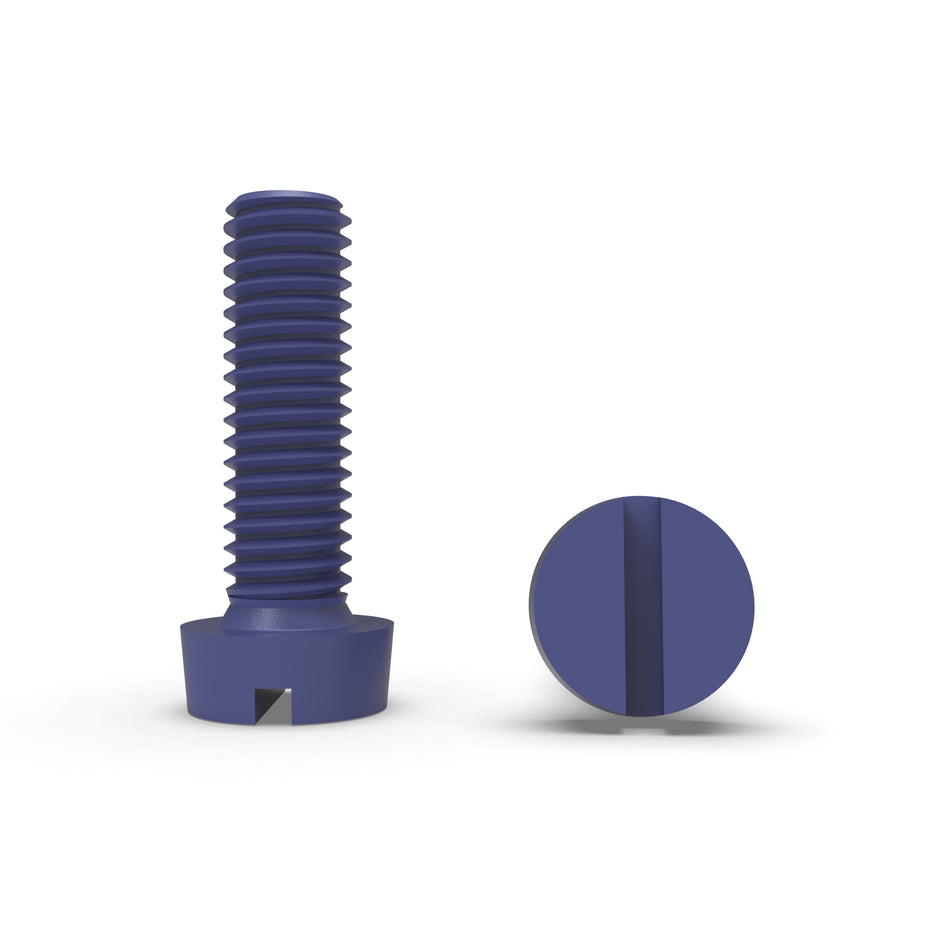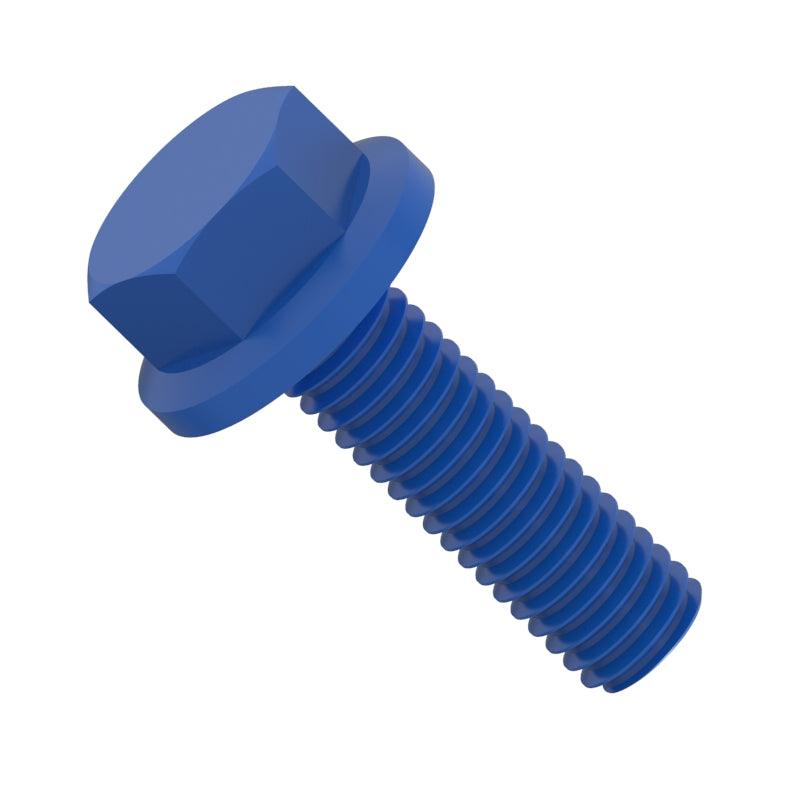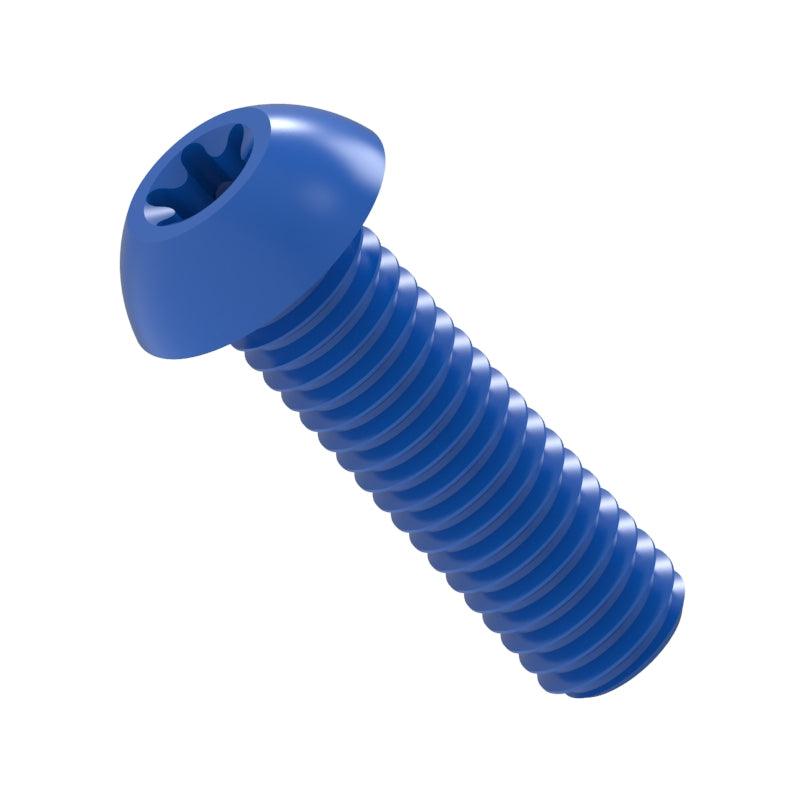180 Prodotti

Why Are Corrosion Resistant Fasteners Needed?
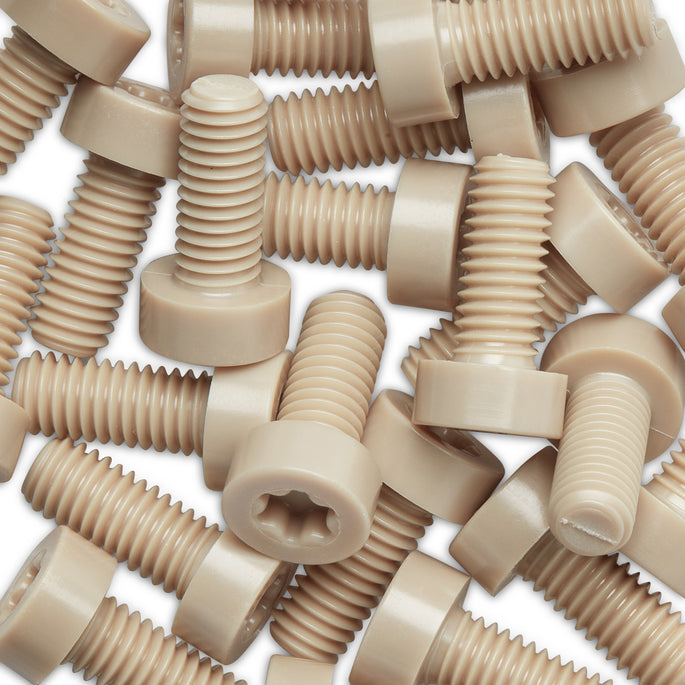
Types Of Corrosion Resistant Fasteners

Common applications of corrosion resistant fasteners
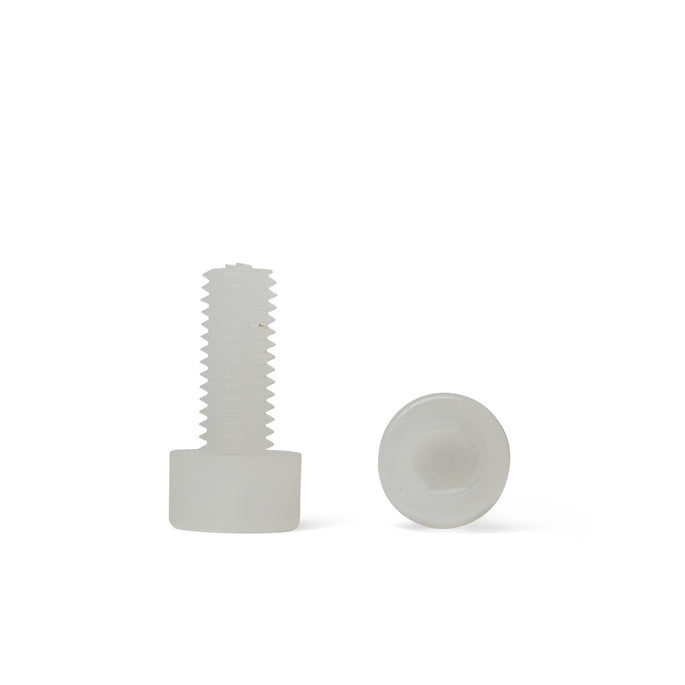
What makes polymers great corrosion resistant fasteners?
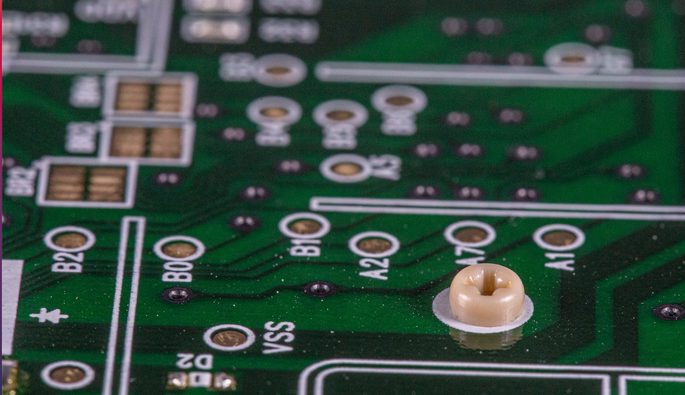
What Are The Benefits Of Corrosion Resistant Fasteners?
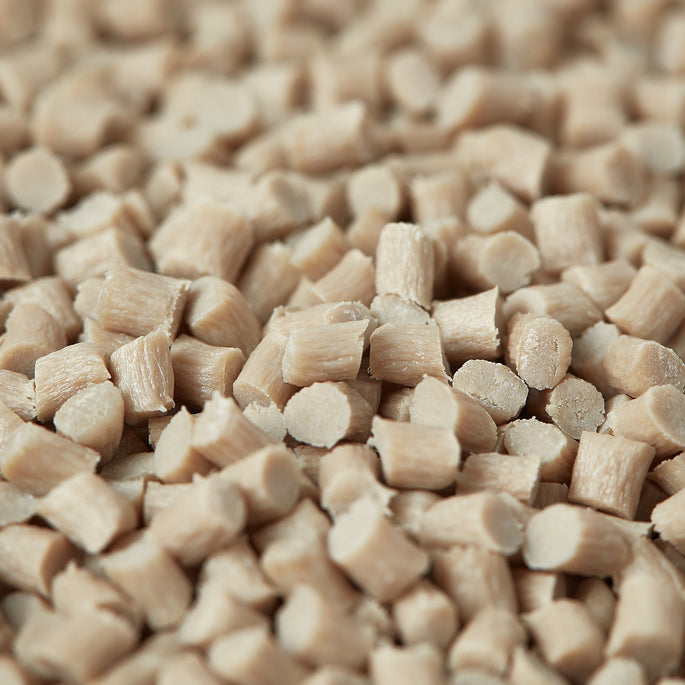
Other beneficial properties of corrosion resistant polymers
Gli elementi di fissaggio in polimeri resistenti alla corrosione sono un tipo di elemento di fissaggio realizzato con polimeri, o materiali plastici, resistenti alla corrosione. Questi elementi di fissaggio sono utilizzati in un'ampia gamma di applicazioni in cui la corrosione potrebbe rappresentare un problema e offrono diversi vantaggi rispetto ai tradizionali elementi di fissaggio in metallo.
Uno dei principali vantaggi dei dispositivi di fissaggio in polimeri resistenti alla corrosione è la loro leggerezza e maneggevolezza. Questo li rende particolarmente adatti all'uso in applicazioni in cui il peso è un problema, come nell'industria aerospaziale e automobilistica. Gli elementi di fissaggio in polimero sono anche più facili da installare rispetto a quelli in metallo, in quanto non richiedono strumenti o attrezzature speciali.
Oltre alle proprietà di leggerezza e maneggevolezza, i dispositivi di fissaggio in polimeri resistenti alla corrosione offrono anche buone proprietà di isolamento elettrico. Questo li rende adatti all'uso in applicazioni elettriche ed elettroniche in cui l'isolamento elettrico è importante.
Esistono diversi tipi di dispositivi di fissaggio in polimeri resistenti alla corrosione, tra cui quelli in polietereterchetone (PEEK), in ossido di polifenilene (PPO) e in fluoruro di polivinilidene (PVDF). I dispositivi di fissaggio in PEEK sono noti per le loro eccellenti proprietà meccaniche e termiche, che li rendono adatti all'uso in un'ampia gamma di applicazioni. Anche gli elementi di fissaggio in PPO sono noti per le loro buone proprietà meccaniche e termiche, nonché per la loro resistenza ai raggi UV e agli agenti atmosferici. I dispositivi di fissaggio in PVDF sono noti per la loro eccellente resistenza chimica, che li rende adatti all'uso in ambienti corrosivi.
Oltre a questi tipi di dispositivi di fissaggio in polimeri resistenti alla corrosione, esistono anche vari rivestimenti che possono essere applicati ai dispositivi di fissaggio in polimeri per migliorarne la resistenza alla corrosione. Questi rivestimenti possono includere la zincatura, la galvanizzazione e vari tipi di vernici e rivestimenti. Questi rivestimenti forniscono un ulteriore strato di protezione all'elemento di fissaggio, contribuendo a prevenire la corrosione e a prolungarne la durata.
La resistenza alla corrosione di un elemento di fissaggio polimerico può essere influenzata da diversi fattori, tra cui il tipo di materiale polimerico, l'ambiente in cui viene utilizzato e il tipo di rivestimento applicato. È importante considerare questi fattori quando si scelgono i dispositivi di fissaggio in polimeri resistenti alla corrosione per garantire che siano adatti all'applicazione prevista.
Nel complesso, gli elementi di fissaggio in polimeri resistenti alla corrosione sono un tipo di elemento di fissaggio importante, utilizzato in un'ampia gamma di applicazioni in cui la corrosione potrebbe rappresentare un problema. Questi dispositivi di fissaggio sono realizzati con materiali polimerici resistenti alla corrosione e sono progettati per prolungare la durata del dispositivo di fissaggio prevenendo la corrosione. È possibile scegliere tra diversi tipi di elementi di fissaggio in polimeri resistenti alla corrosione, tra cui PEEK, PPO e PVDF, oltre a vari rivestimenti che possono essere applicati agli elementi di fissaggio per migliorarne la resistenza alla corrosione.


